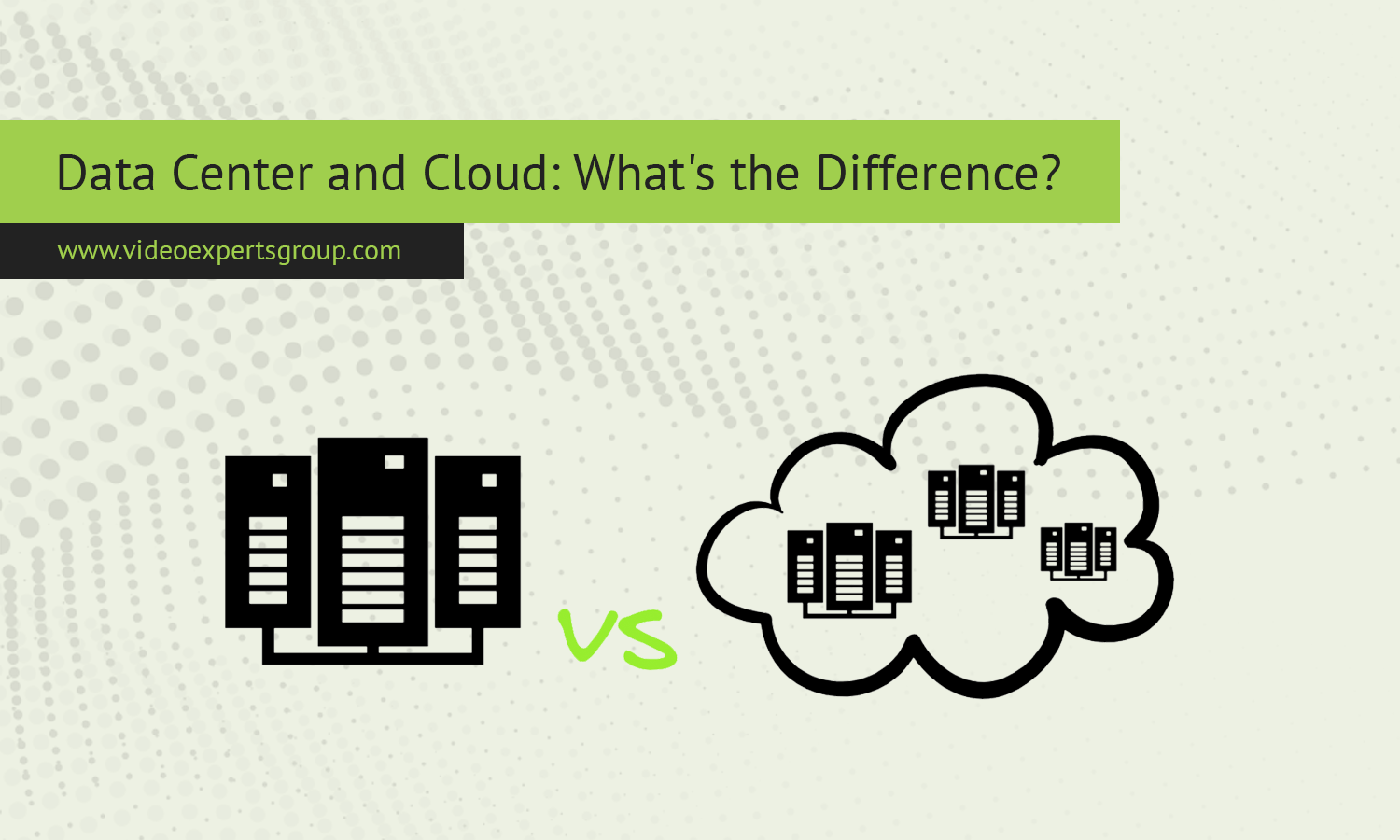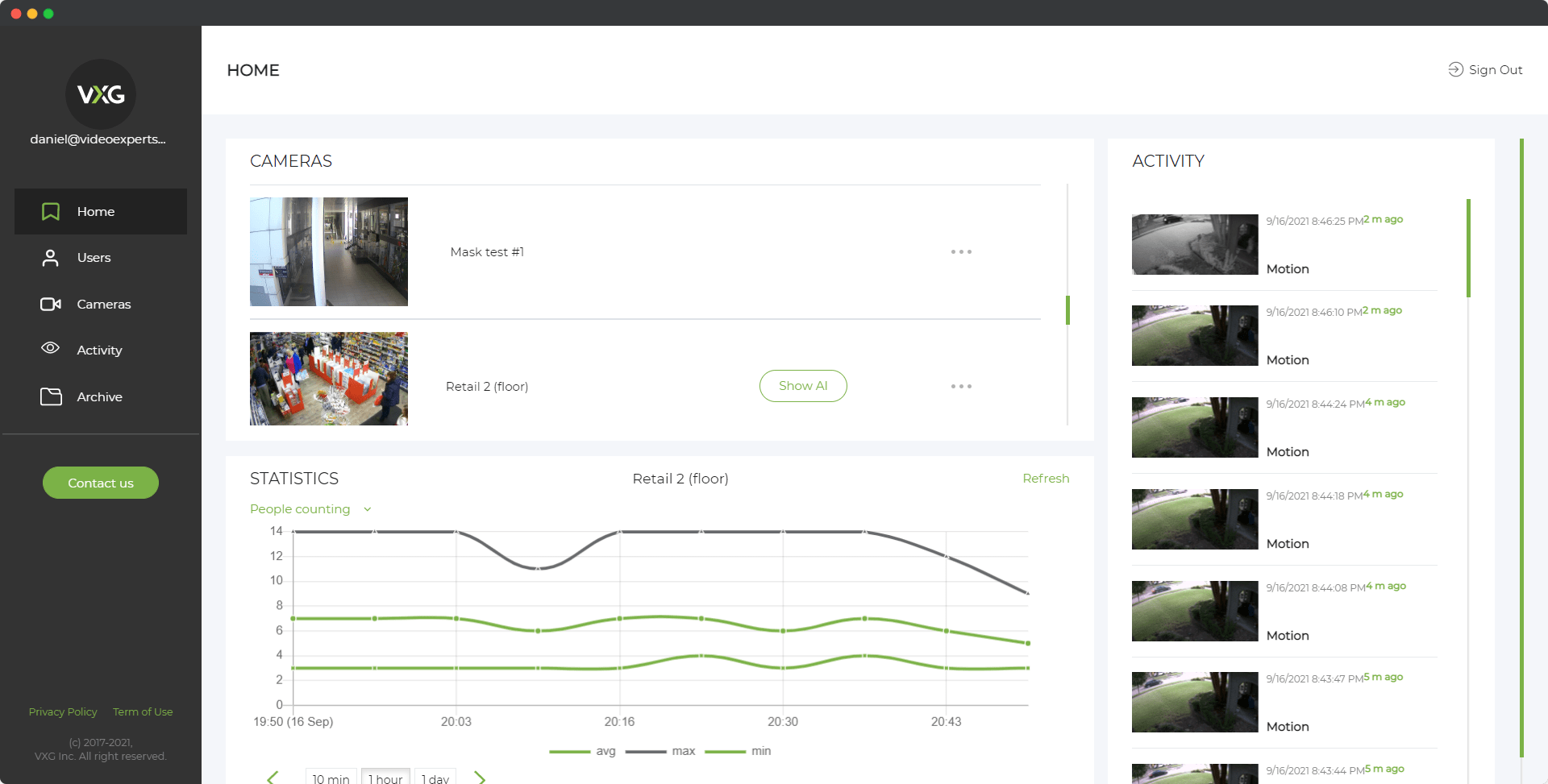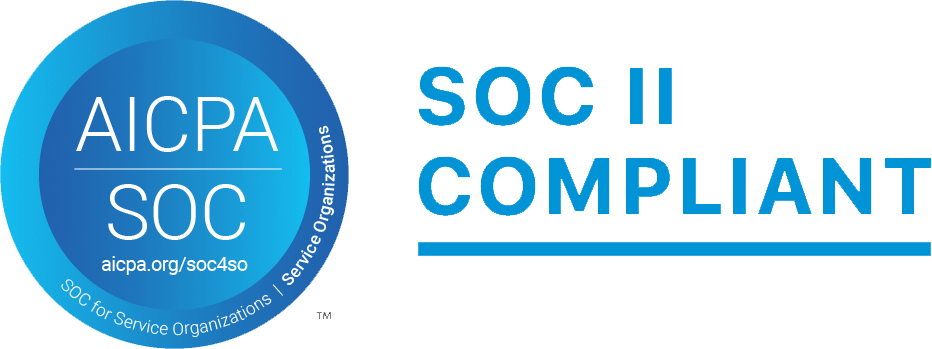With the surge in digital transformation, the terms "data center" and "cloud" are often mentioned, sometimes interchangeably. However, data centers and cloud services serve distinct purposes and offer different benefits. Understanding the differences between the two can help businesses and individuals make informed decisions about where to store, process, and manage their data.
Meaning
-
Data Center: A data center is a dedicated facility designed to house computer servers, storage systems, and networking equipment. It is a physical location with specialized infrastructure to handle power, cooling, and security, allowing organizations to store and process data on-site or nearby. Data centers can be owned by the business using them (on-premises or enterprise data centers) or by a service provider that rents out space (colocation centers).
-
Cloud: Cloud computing refers to the use of remote servers hosted on the internet to store, manage, and process data, rather than using a local server or personal computer. Cloud providers maintain data centers and offer cloud-based resources and services that clients can access through the internet. This allows businesses to rent computing power, storage, and software services without needing to invest in physical infrastructure.
Core Differences Between Data Centers and the Cloud
While data centers and cloud solutions share some similarities, their core differences lie in location, management, scalability, and cost structures.
-
Location and Ownership:
- Data Center: A data center is a physical location managed either by a single organization or by a third party providing colocation services. Enterprise data centers are owned by the organization itself and are situated on or near the company’s premises.
- Cloud: Cloud services are typically hosted in data centers owned by third-party providers like Amazon Web Services (AWS), Microsoft Azure, or Google Cloud Platform (GCP). Cloud providers own and operate large-scale data centers worldwide, making their infrastructure accessible to users from any location with an internet connection.
-
Scalability:
- Data Center: Scaling in a traditional data center requires purchasing and installing additional physical servers, storage, and network equipment. This can be costly and time-consuming.
- Cloud: Cloud computing is highly scalable, allowing users to add or reduce resources on-demand. With cloud services, users can scale up or down quickly to accommodate fluctuating workloads, often without upfront investment in new hardware.
-
Cost Structure:
- Data Center: Operating a data center involves high capital expenditures (CapEx) to purchase equipment, build infrastructure, and maintain it. Ongoing operational expenses include power, cooling, staffing, and security.
- Cloud: The cloud offers a pay-as-you-go model, making it an operational expense (OpEx). Businesses only pay for the resources they use, eliminating the need for large upfront investments. This model suits organizations that want flexibility in managing costs or scaling resources with limited financial commitment.
-
Maintenance and Management:
- Data Center: Maintenance, upgrades, and repairs in a data center are handled by the organization or a contracted third-party provider. This requires technical staff on-site to ensure systems are functioning properly and securely.
- Cloud: In a cloud environment, the cloud provider manages infrastructure maintenance, upgrades, and physical security. The user only needs to manage the applications, data, and services they deploy, which reduces the need for a large on-site IT team.
-
Flexibility and Accessibility:
- Data Center: Access to data in a traditional data center may be limited by physical location, as data is often stored and processed locally. Remote access may require additional setup.
- Cloud: Cloud services offer high flexibility and global accessibility. Data and applications are accessible from anywhere with an internet connection, providing organizations with more freedom to enable remote work, collaboration, and data sharing.
Choosing Between a Data Center and the Cloud
The choice between a data center and cloud solutions depends on the organization’s specific needs, budget, and security requirements. Here are a few considerations:
-
Security: Data centers provide direct control over physical security and network security, which can be essential for organizations with strict compliance needs. However, cloud providers also implement rigorous security measures and offer compliance certifications.
-
Performance Needs: Some applications require low-latency access to data, which may benefit from a local data center. For example, in sectors like finance or gaming, fast data access is essential for real-time operations. Conversely, applications like web hosting, data storage, and backup services can perform well in the cloud.
-
Cost Efficiency: For businesses that require flexible resources and lack the capital to invest in infrastructure, the cloud offers a cost-effective option. However, organizations with predictable workloads and the need for dedicated resources may find data centers more economical over the long term.
FAQ
Understanding the differences between data centers and the cloud is crucial for businesses seeking to choose the best infrastructure for their needs. Each has unique benefits, and many organizations find that a hybrid approach, using both data centers and cloud resources, provides the most value for their operations.
















